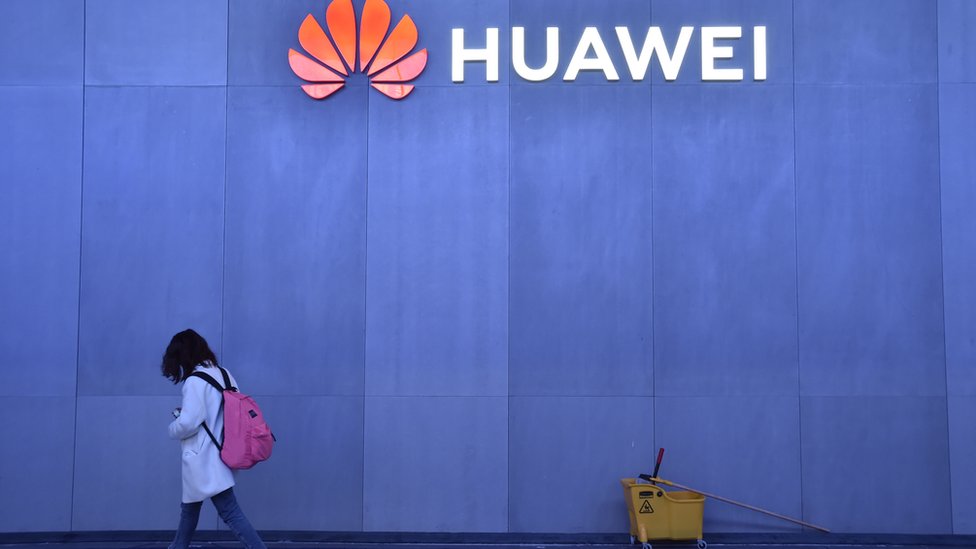INSUBCONTINENT EXCLUSIVE:
Image copyrightGetty ImagesHuawei has filed a lawsuit against the US government over a ban that restricts government agencies from using its
products.It said the US failed to provide evidence to support the ban, and the firm also rejected claims it had links to the Chinese
government.The US has restricted the use of Huawei products over national security concerns
It has also been lobbying allies to shun the Chinese telecoms firm
Huawei is one of the world's largest telecommunications equipment and services providers
The lawsuit is part of a wider push by the company in recent months challenging claims its products pose security risks
"The US Congress has repeatedly failed to produce any evidence to support its restrictions on Huawei products
We are compelled to take this legal action as a proper and last resort," Huawei Rotating Chairman Guo Ping said
"This ban not only is unlawful, but also restricts Huawei from engaging in fair competition, ultimately harming US consumers."The company is
challenging a US law that bans government agencies from buying Huawei's equipment and services
The lawsuit, filed in a US federal court in Texas, argues the restrictions imposed by the US are "unconstitutional."Huawei also rejected
claims it had any links to the state, saying in a statement the firm was "not owned, controlled, or influenced" by the Chinese
government.Several governments around the world, including Australia and New Zealand, have blocked telecoms companies from using Huawei gear
in next-generation 5G mobile networks, citing security concerns.Image:Australia's former Prime Minister Malcolm Turnbull on why Huawei was
barred from 5G networkSpeaking at a press conference in Shenzhen, rotating chairman Mr Ping accused the US government of misleading the
public about Huawei and questioned their motivation."Maybe the US government believes it would benefit from the suppression of Huawei
But the truth is restricting Huawei's contribution to American and other nations' 5G networks will only harm their national interests."

